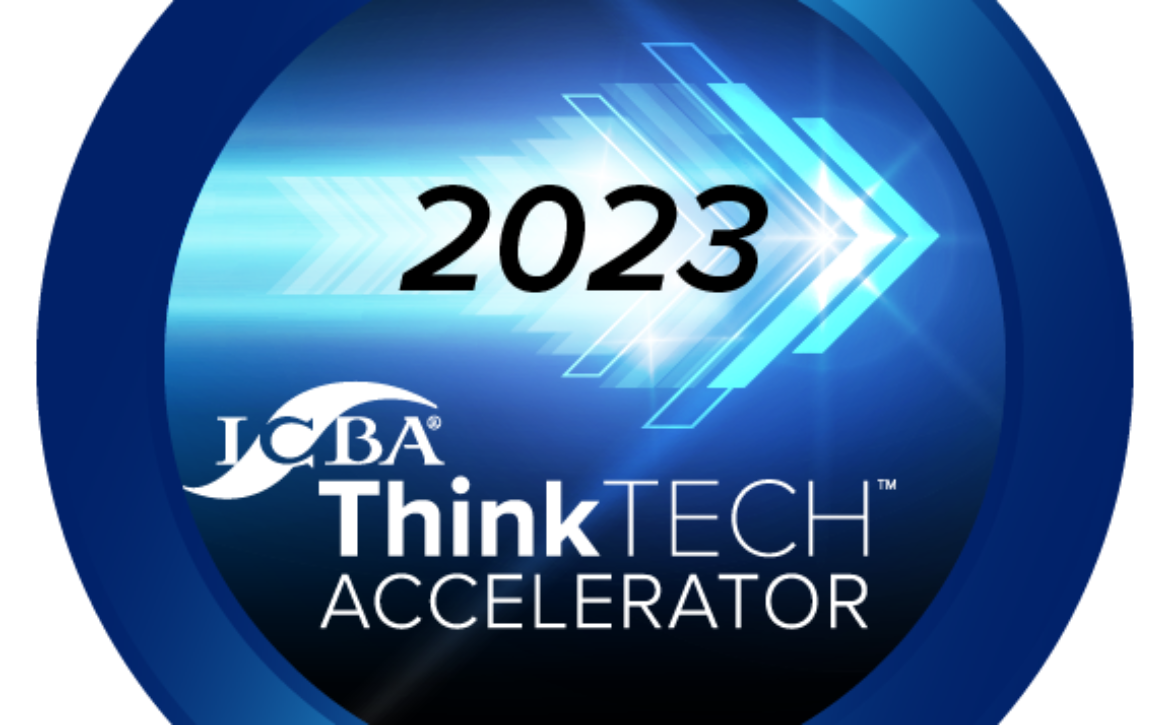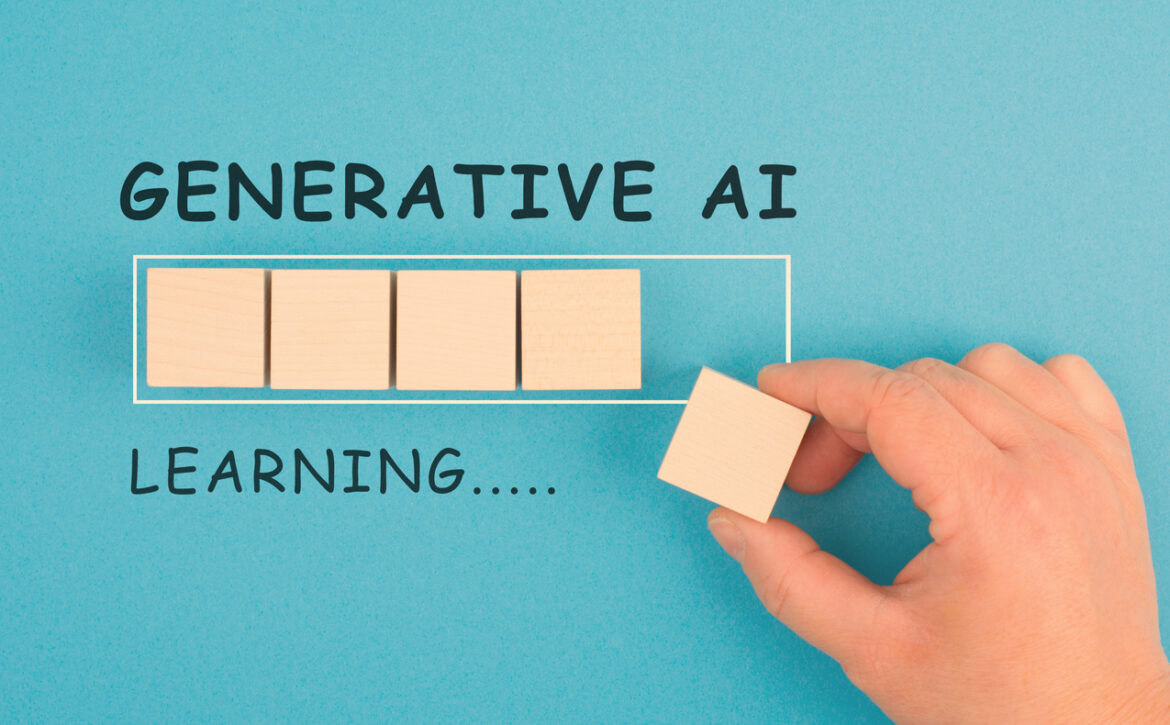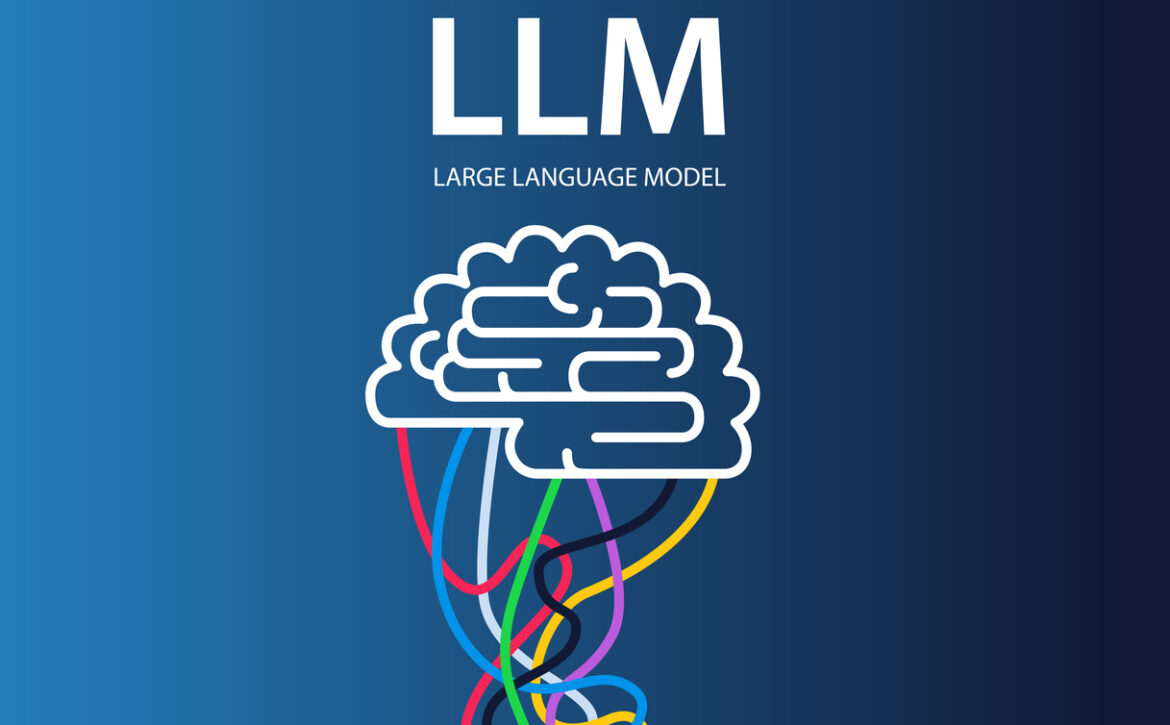Micronotes’ Recommender Engine: A Paradigm Shift in Banking
By Xav Harrigin
The dawn of the digital age, marked by the rapid proliferation of electronic devices and the omnipresent influence of the internet, has reshaped industries across the board. The banking sector, long regarded as a pillar of stability and tradition, finds itself amidst a transformative whirlwind. Micronotes emerges as a beacon in this change, introducing its cutting-edge recommender engine to navigate these uncharted waters.
Deciphering the Data Deluge and the Advent of Personalized Banking
In the intricate web of modern banking, institutions grapple daily with a deluge of data. Every deposit made, every transaction processed, and each loan application submitted paints a vivid picture of a customer’s financial journey. Micronotes’ recommender engine, harnessing the power of AI-driven technology, delves deep into these data narratives. It ensures that banks transition from mere reactive strategies to proactive, forward-thinking approaches. Parallel to this, the banking sector has witnessed a metamorphosis from generic service offerings to a more nuanced, financially personalized model. Taking cues from platforms like Netflix, which has mastered the art of personalization, Micronotes’ engine dives into a customer’s financial history, crafting tailored product suggestions. This evolution from broad-based to individual-centric banking is a cornerstone in enhancing customer loyalty and overall satisfaction.
Predictive Analysis and Engagement in the Digital Age
The capabilities of Micronotes’ recommender engine extend beyond simple product recommendations. It ventures into the realm of predictive analysis, identifying patterns and potential trends. Such insights allow it to anticipate financial challenges or even predict customer attrition, enabling banks to intervene with timely solutions, thereby strengthening their customer bonds.
In today’s digital-first world, the dynamics of customer engagement have undergone a significant overhaul. The once-dominant banner ads, which were the go-to strategy for online promotions, are now seeing waning effectiveness. Micronotes’ engine, emphasizing authentic engagement and boasting game-changing click-through rates, paves the way for banks to foster meaningful, in-depth conversations with their customers.
Unearthing Camouflaged Opportunities
Amidst the vast expanse of data lie hidden opportunities, waiting to be discovered. Micronotes’ recommender engine stands out for its adeptness in pinpointing these concealed gems. Through strategic interactions, it empowers banks to present bespoke solutions, ensuring optimal growth without burdening operational resources.
Versatility: The Hallmark of Modern Banking
The modern banking landscape demands adaptability and versatility, and Micronotes’ recommender engine epitomizes these traits. Whether it’s driving loan growth, championing deposit retention, or amplifying the reach of new digital products, its multifaceted applications highlight its critical role in the contemporary banking ecosystem.
Conclusion
Micronotes, through its pioneering recommender engine, is not just unveiling a groundbreaking product; it’s signaling the dawn of a new era in banking. In a world where data reigns supreme, this engine equips banks with the tools they need to adeptly navigate the complexities of the digital age, ensuring they deliver unmatched customer experiences.








